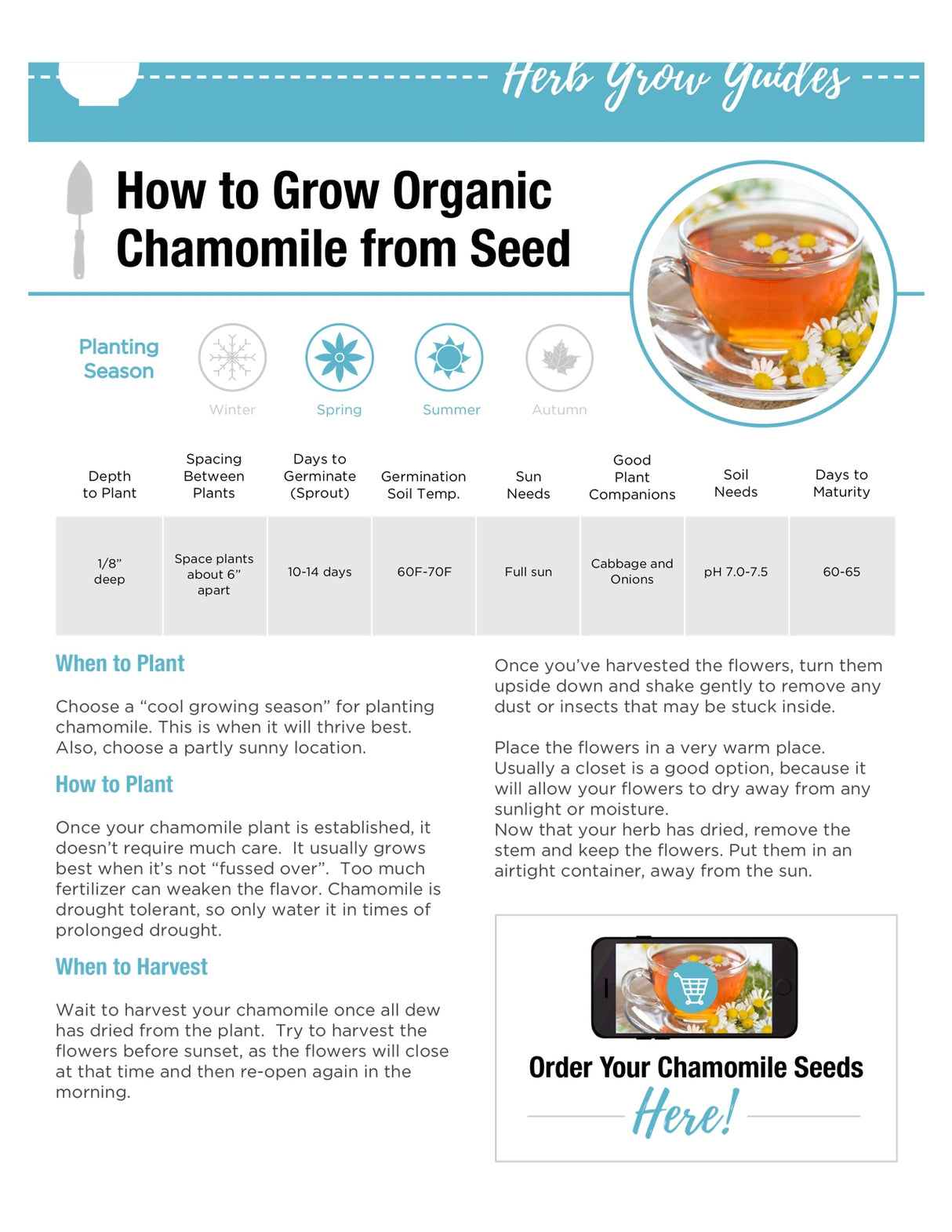Catnip
Description
Description
Catnip is not the most beautiful plant you can grow, but it’s quite useful. The small spikes of white speckled flowers attract pollinators and beneficial insects to the vegetable garden. And the same compound that sends cats flying to the moon also sends mosquitoes flying away. Also repels ants, aphids, cabbage moths, cabbage white butterfly, cabbage worms, potato beetles, cucumber beetles, flea beetles, Japanese beetles, mice, roaches, slugs, squash bugs, voles, and weevils, which makes it a great companion for just about everyone (except Parsley). Reseeds easily and can become invasive. Use the minty leaves to flavor tea, pasta, vegetables, soups, and sauces.
As a medicinal herb, Catnip has been used internally to treat anxiety, colds, cough, fever, insomnia, nervousness, restlessness, sore throat, and upset stomach, and externally to treat black eyes and other bruises.
⚠️ Medicinal properties are presented as information only, and are not a recommendation or prescription for use. Consult a medical professional before using any herb medicinally.
SEED PLANTING TIPS
- Botanical name: Nepeta cataria
- Life cycle: Herbaceous perennial
- Hardiness zones: 3-9
- Planting season: Spring, fall
- Days to maturity: 75-85 days; can begin harvesting when 6" tall
- Depth to plant seeds: 1/4" deep
- Days to germinate (sprout): 7-14 days
- Germination soil temps: 60F-70F
- Spacing between plants: 18"-24" apart
- Spacing between rows: 24"-36" apart
- # of plants per sq. ft.: Appx. 1 plant per 2 sq. ft.
- Soil types: Sandy, loamy, silty, rocky, poor, rich, dry, moist, well-drained
- Soil pH: 6.0-7.8
- Sun needs: Full sun, part shade
- Water needs: Low
- Cold stratify: Yes
- Frost tolerant: Yes
- Heat tolerant: No
- Drought tolerant: Yes
- Deer resistant: Yes
- Cat resistant: No
- Culinary use: Yes
- Medicinal use: Yes
Good companion plants: Bean, Beet, Broccoli, Brussels Sprouts, Cabbage, Carrot, Cauliflower, Collards, Cucumber, Eggplant, Fava Bean, Hyssop, Kale, Kohlrabi, Lavender, Lettuce, Mustard, Potato, Pumpkin, Radish, Rutabaga, Soybean, Strawberry, Squash, Tomato, Turnip, Zucchini
More facts about Catnip:
- Nepeta cataria. Perennial.
- Classic aromatic scent that is proven to attract cats. They absolutely love to roll around in it.
- Plant produces flavorful leaves that can be used in many culinary dishes and teas.
- Said to have medicinal properties to relieve cold and flu symptoms.
- Catnip is also a VERY effective mosquito repellent.
- According to ScienceDaily.com, nepetalactone, the essential oil in catnip that gives the plant its characteristic odor, is about ten times more effective at repelling mosquitoes than DEET — the compound used in most commercial insect repellents.
-
Simply grow catnip near the backyard or patio of your house.




































































